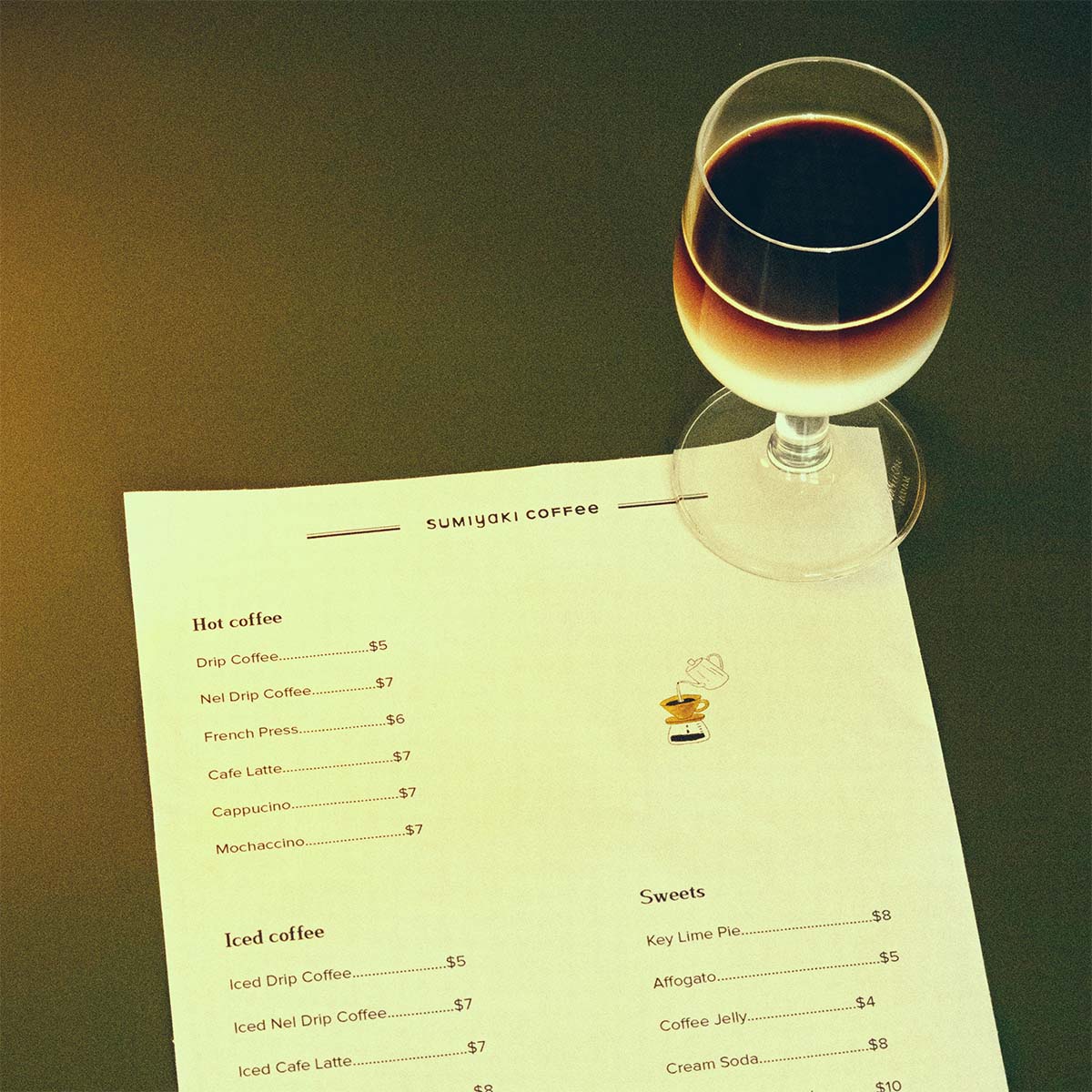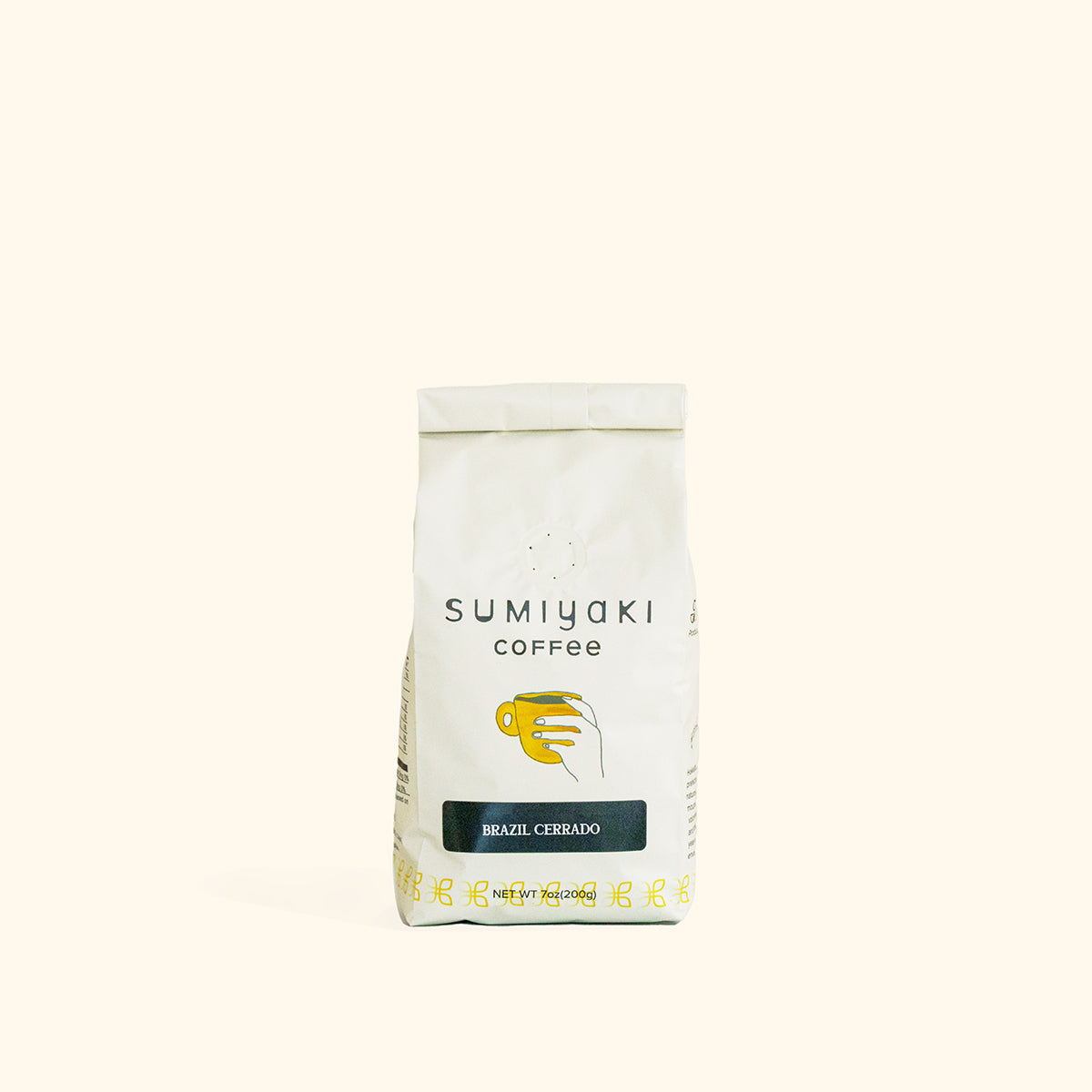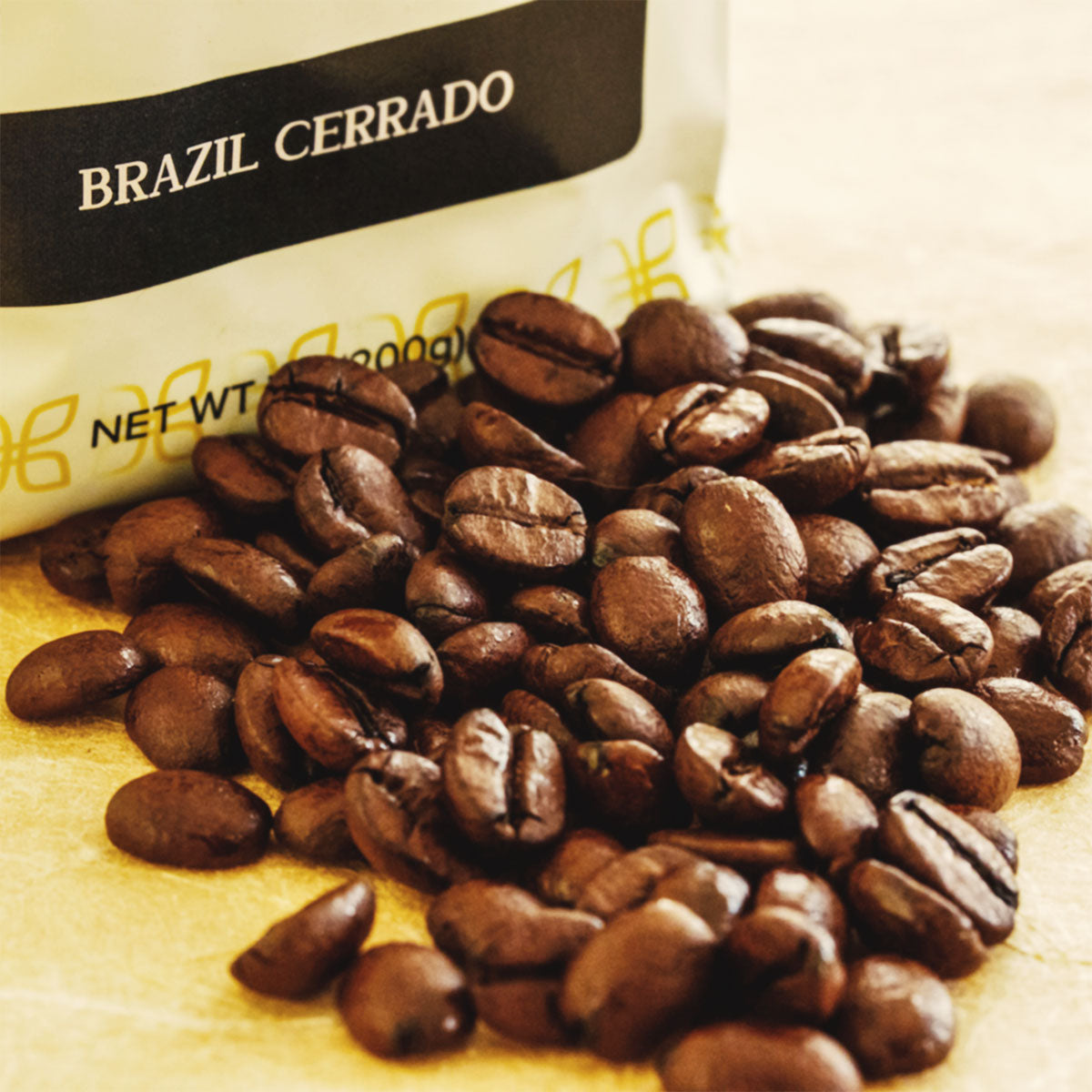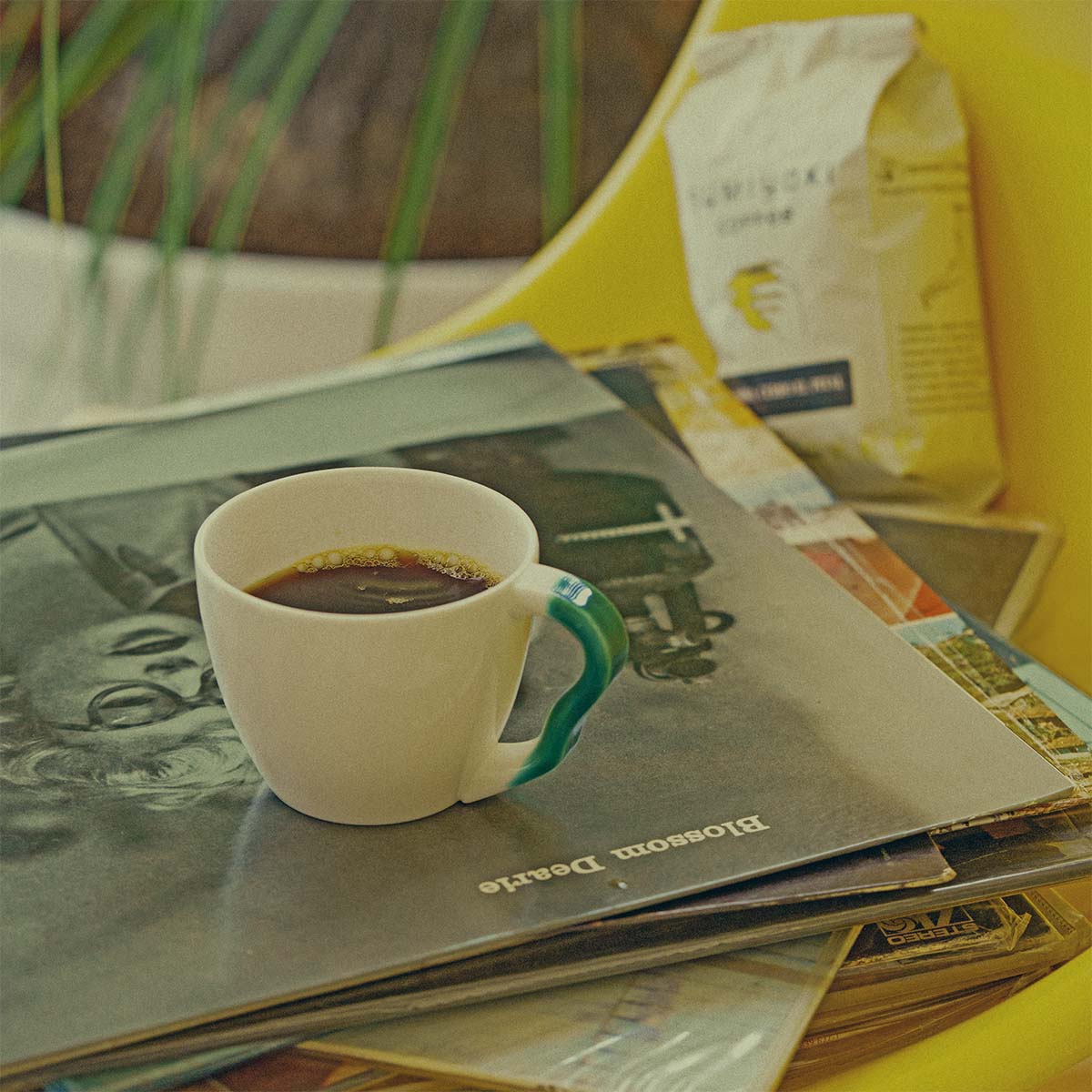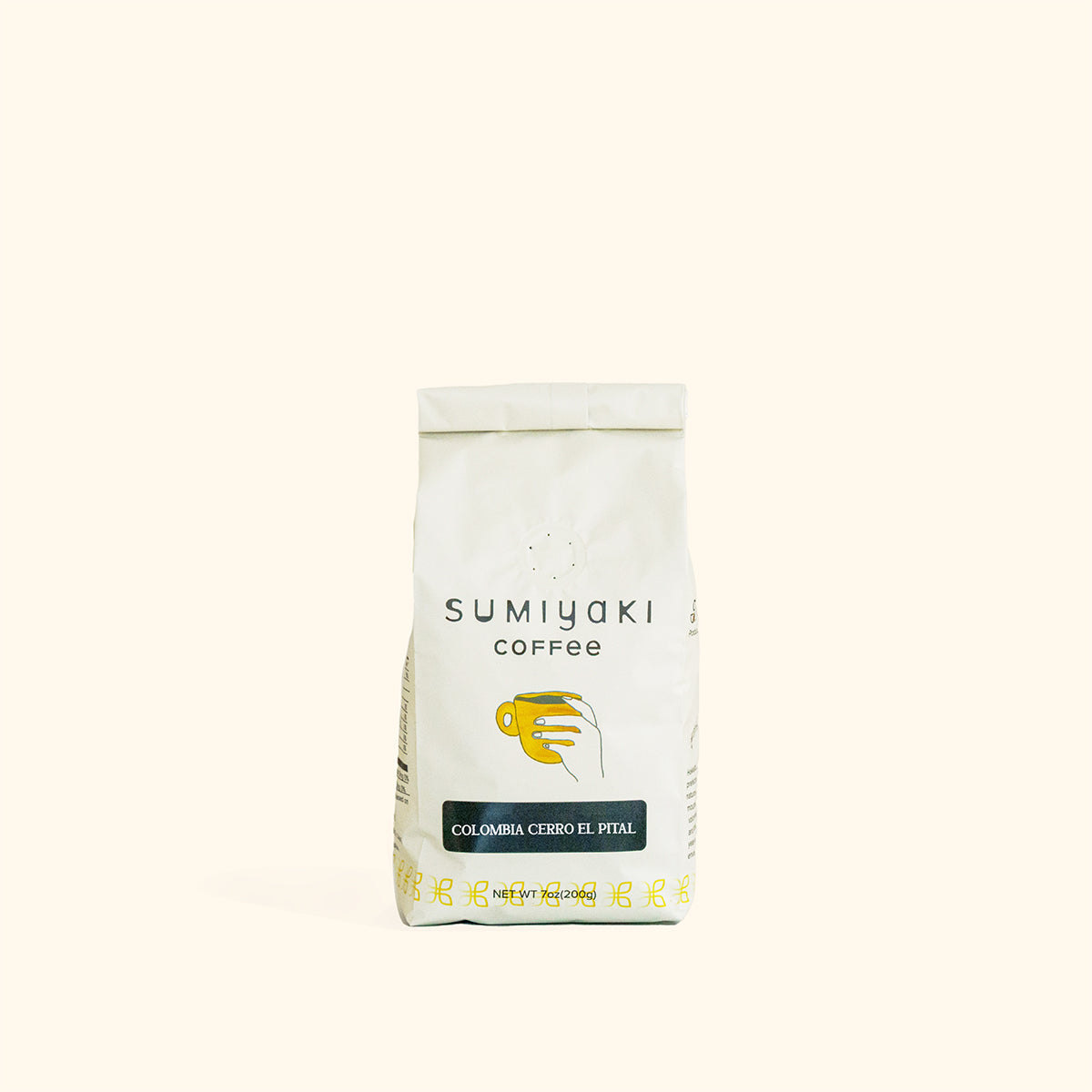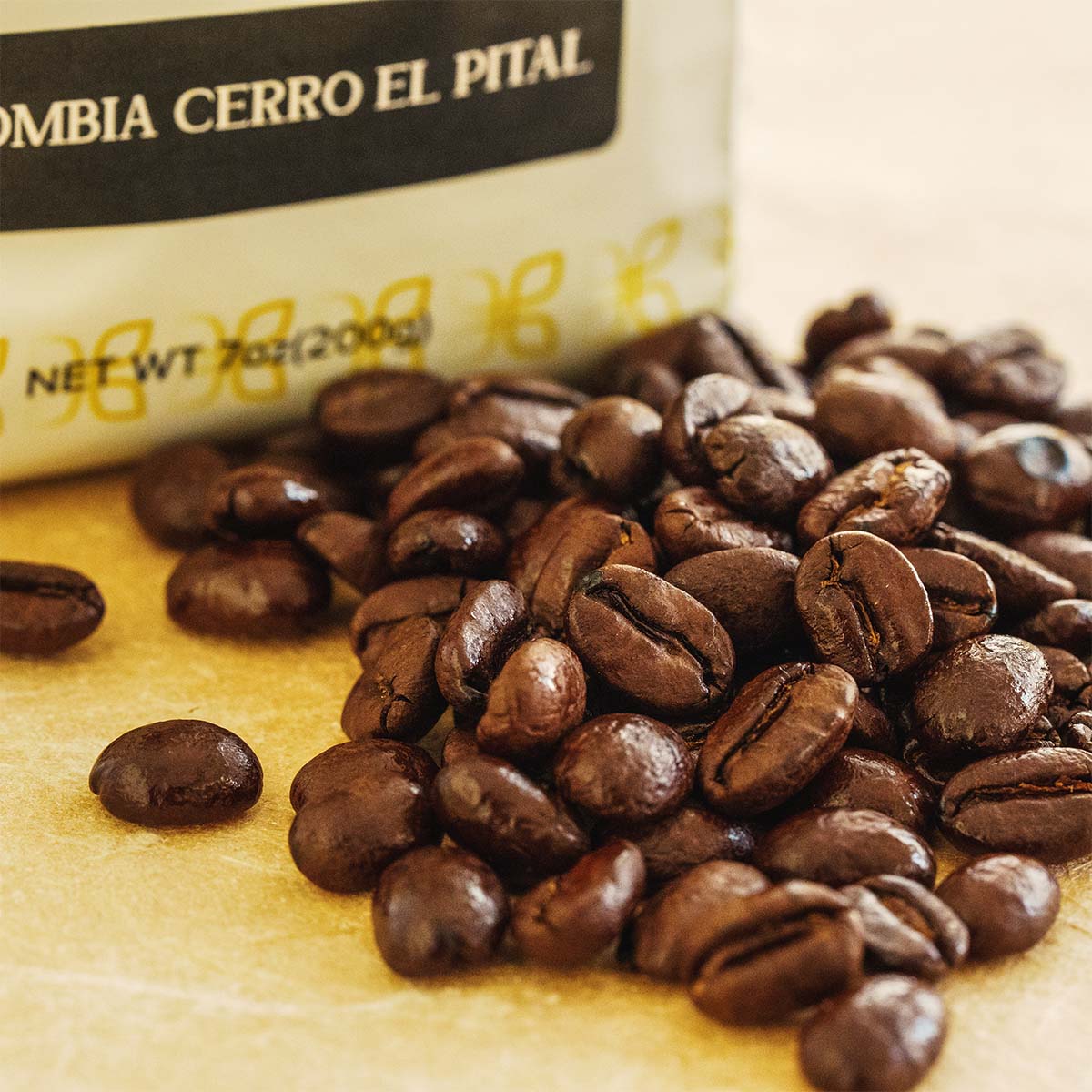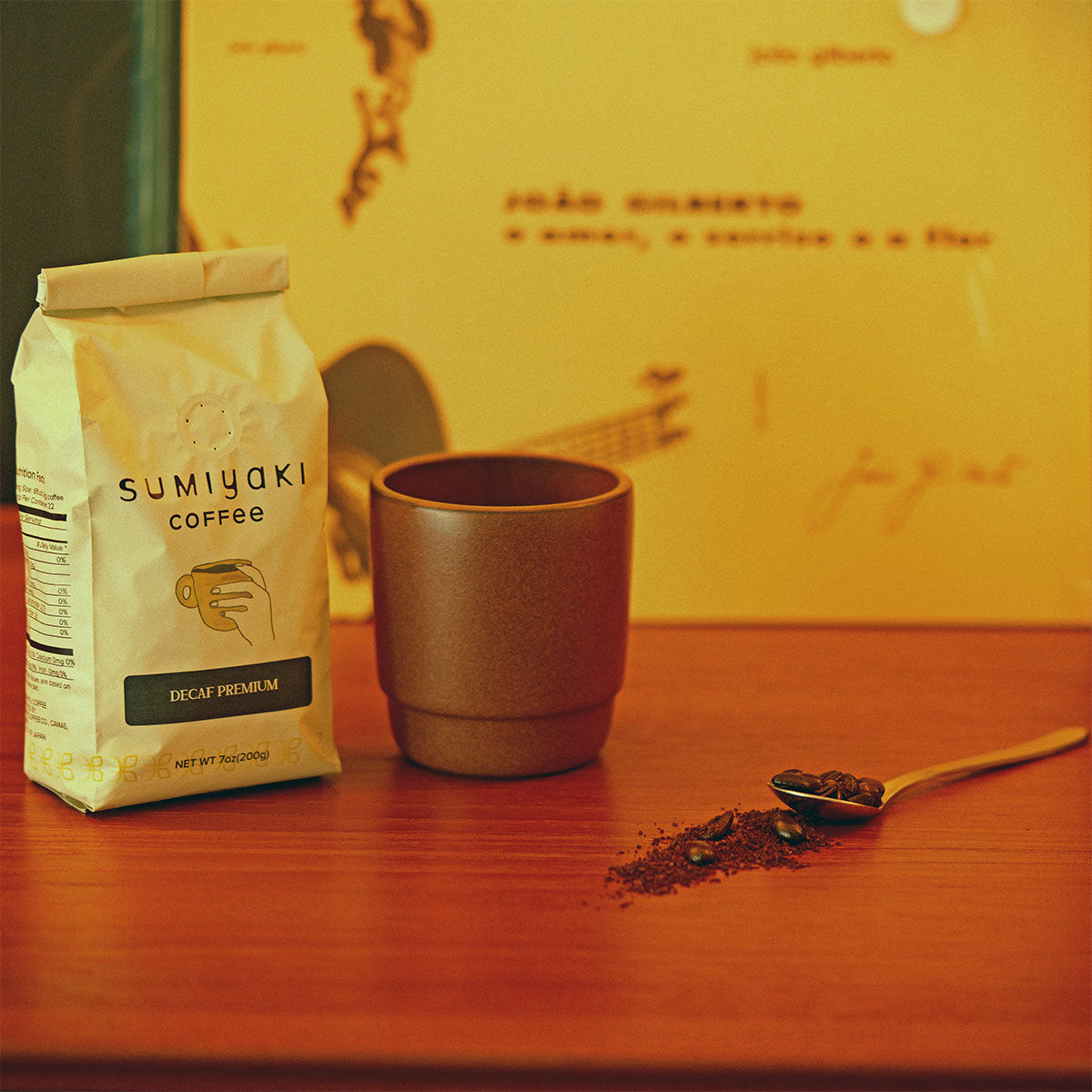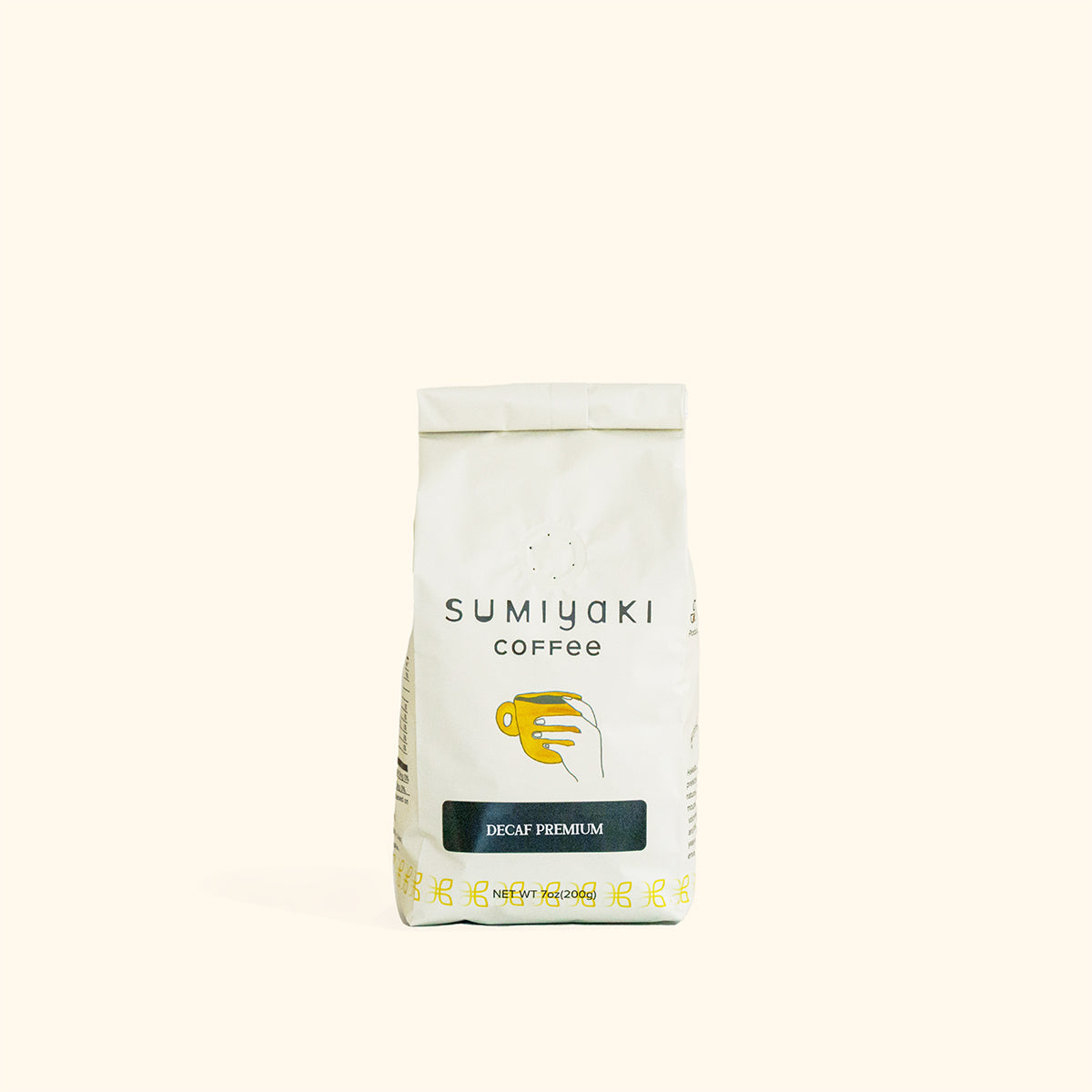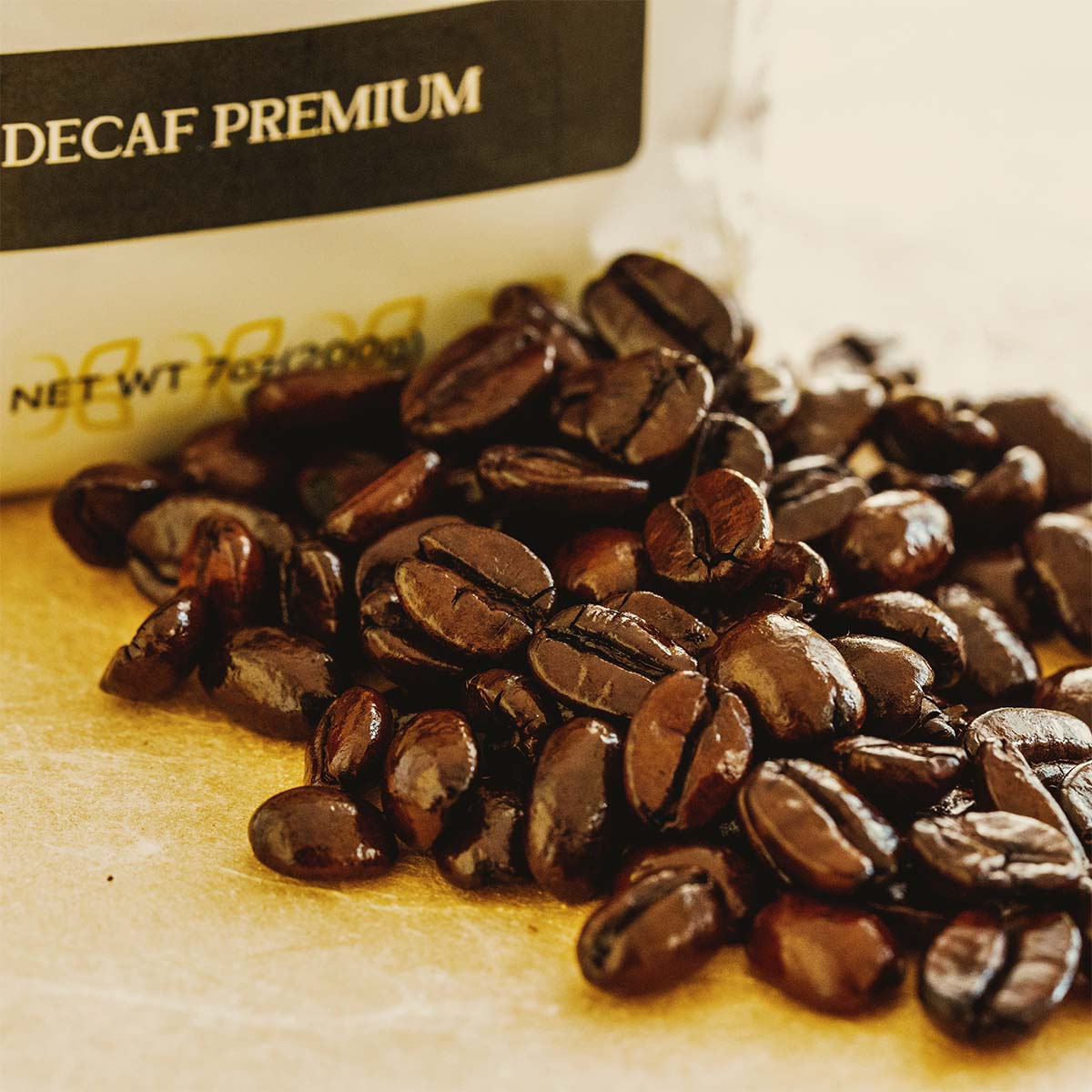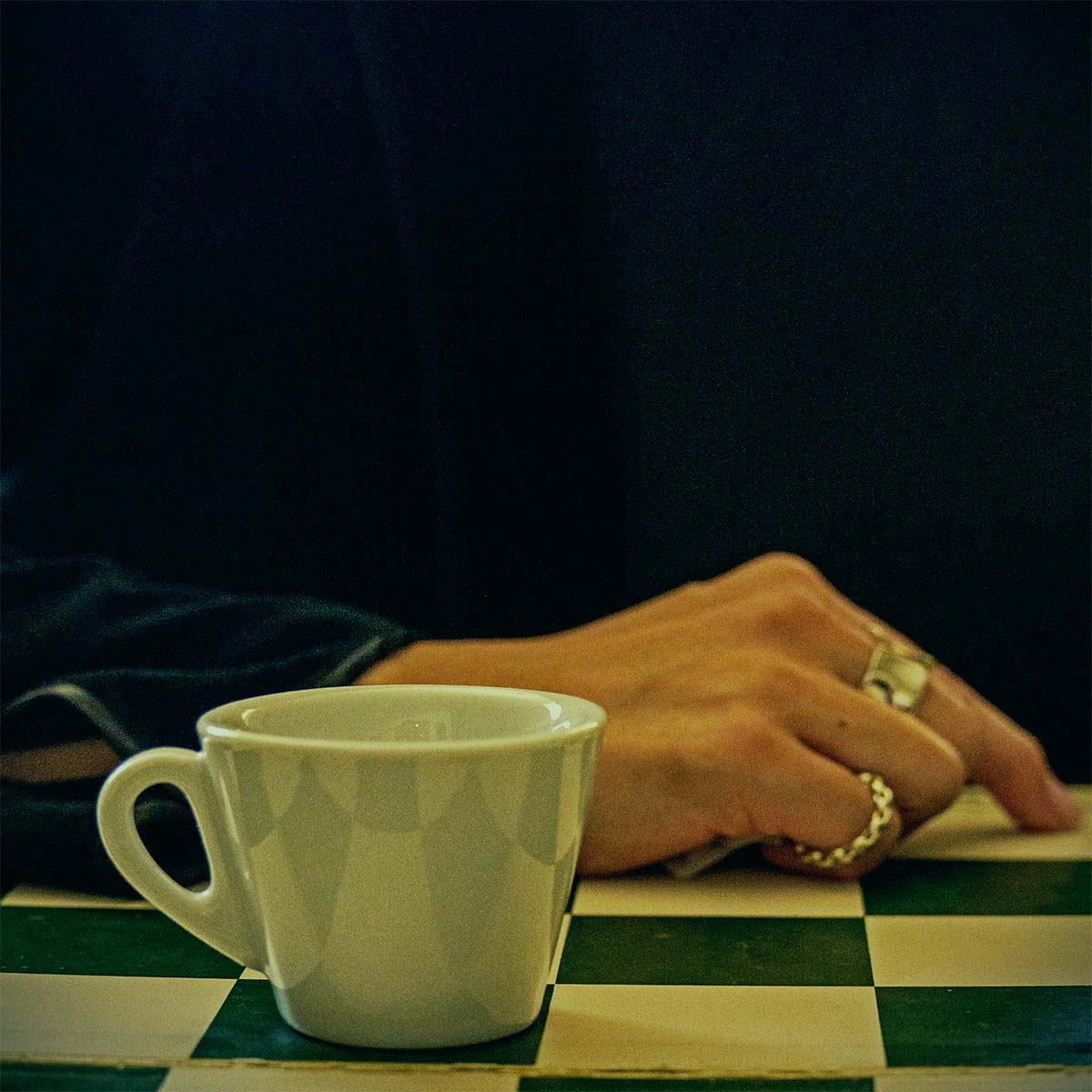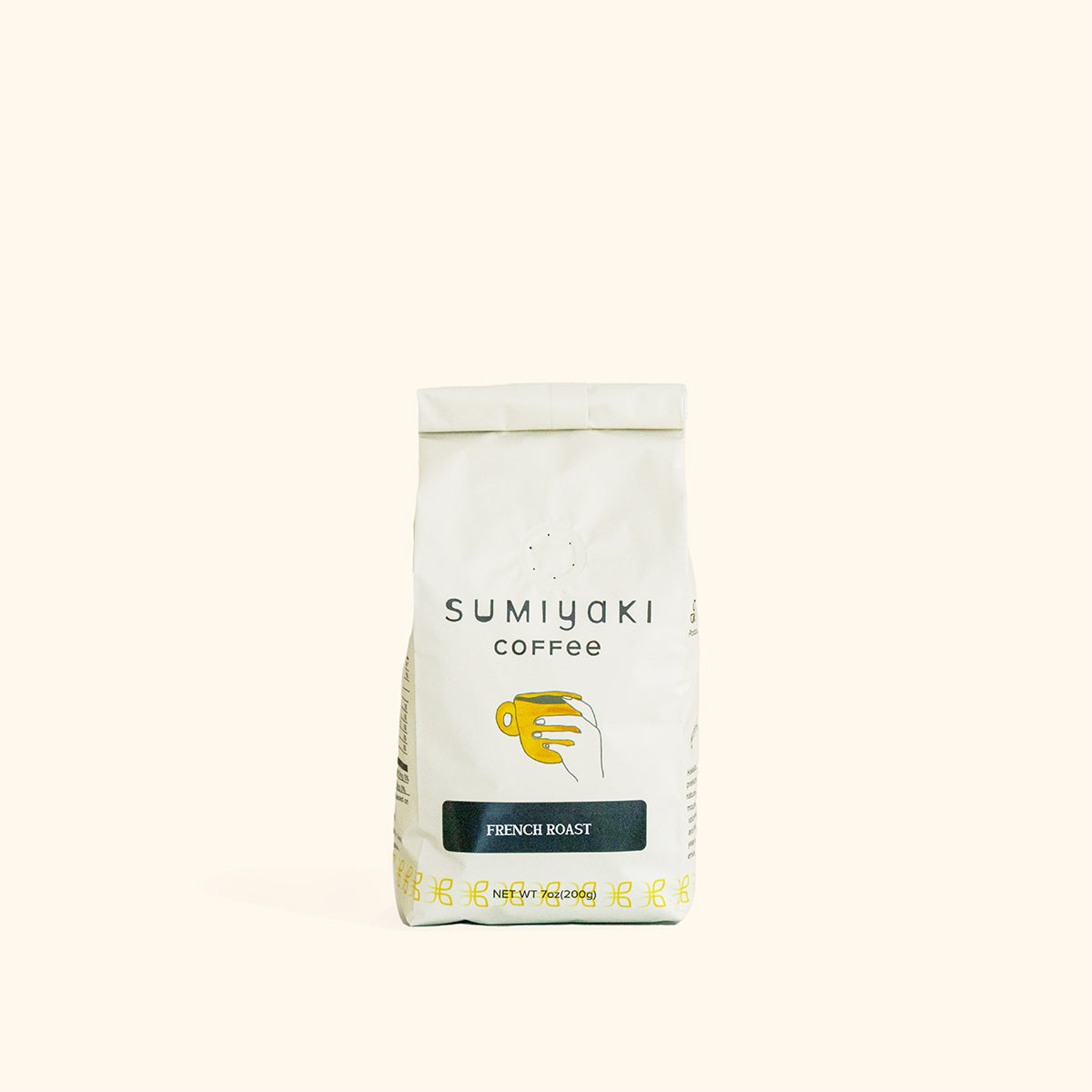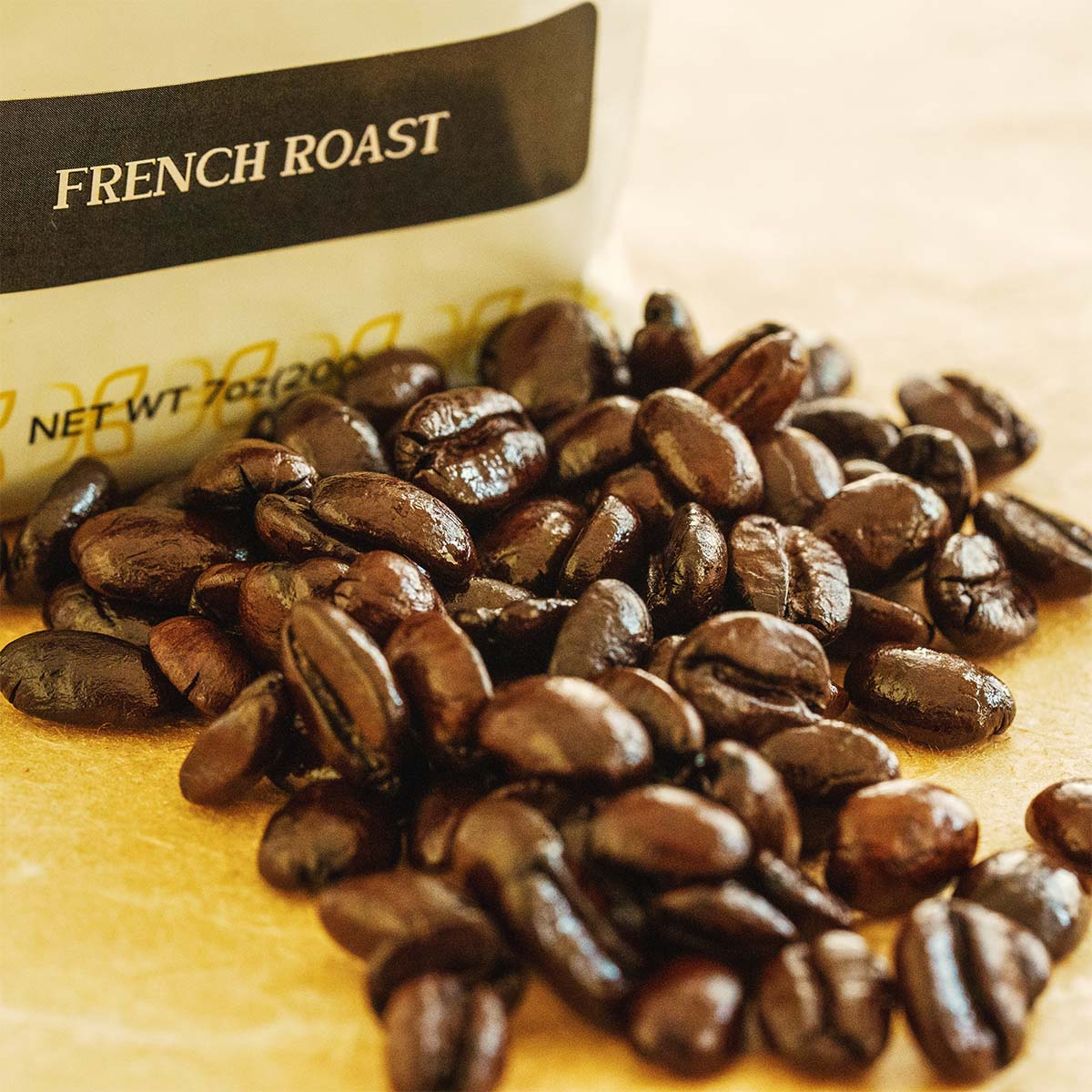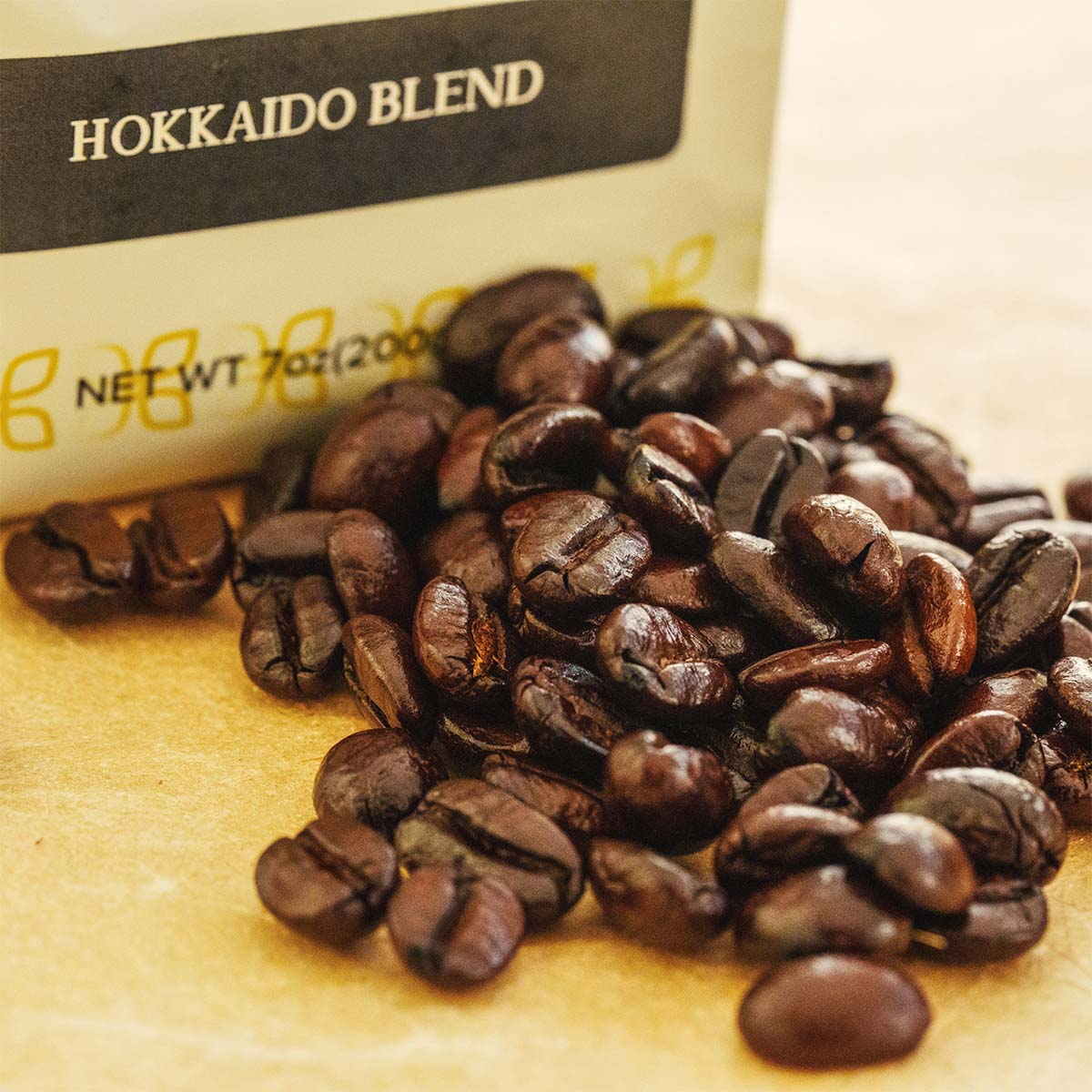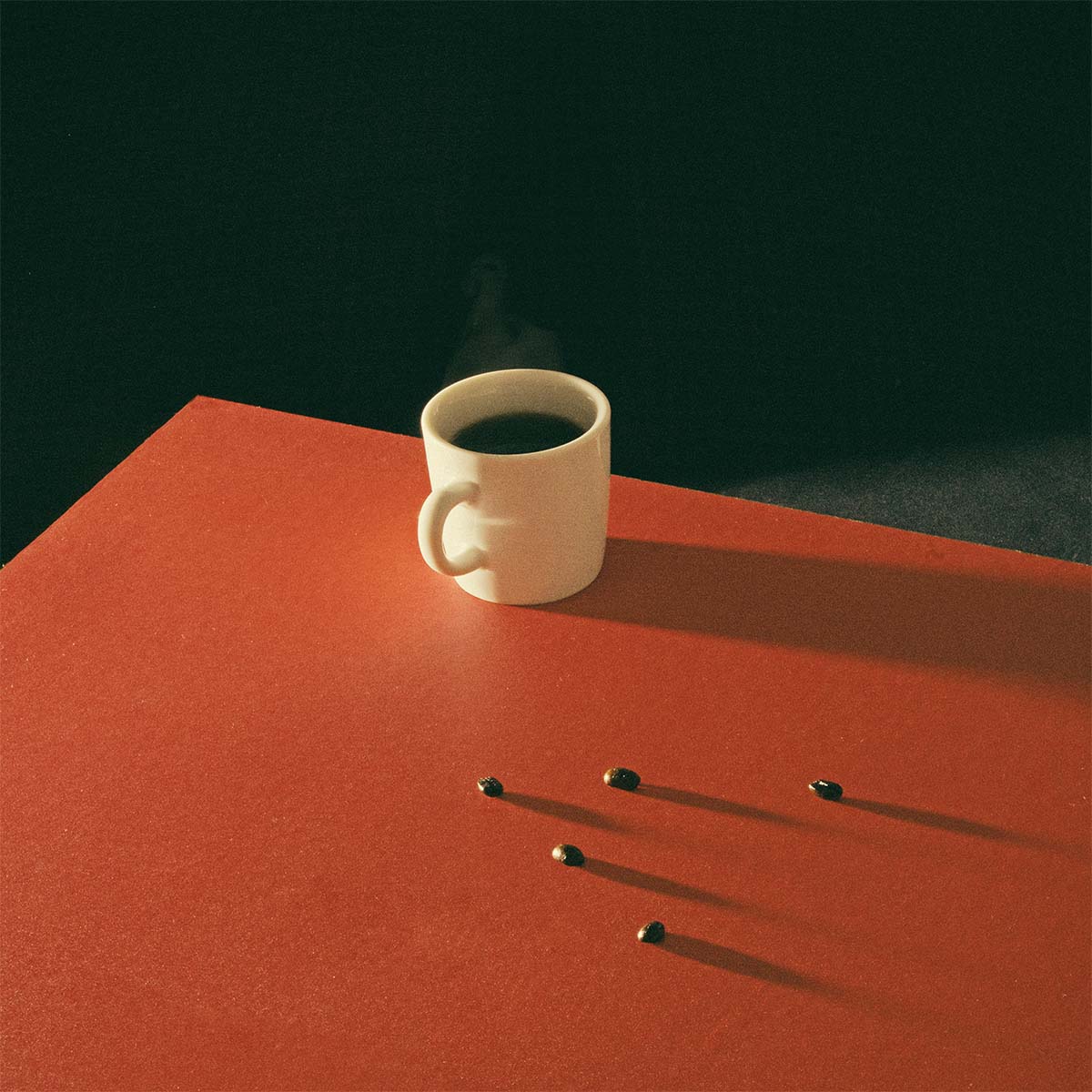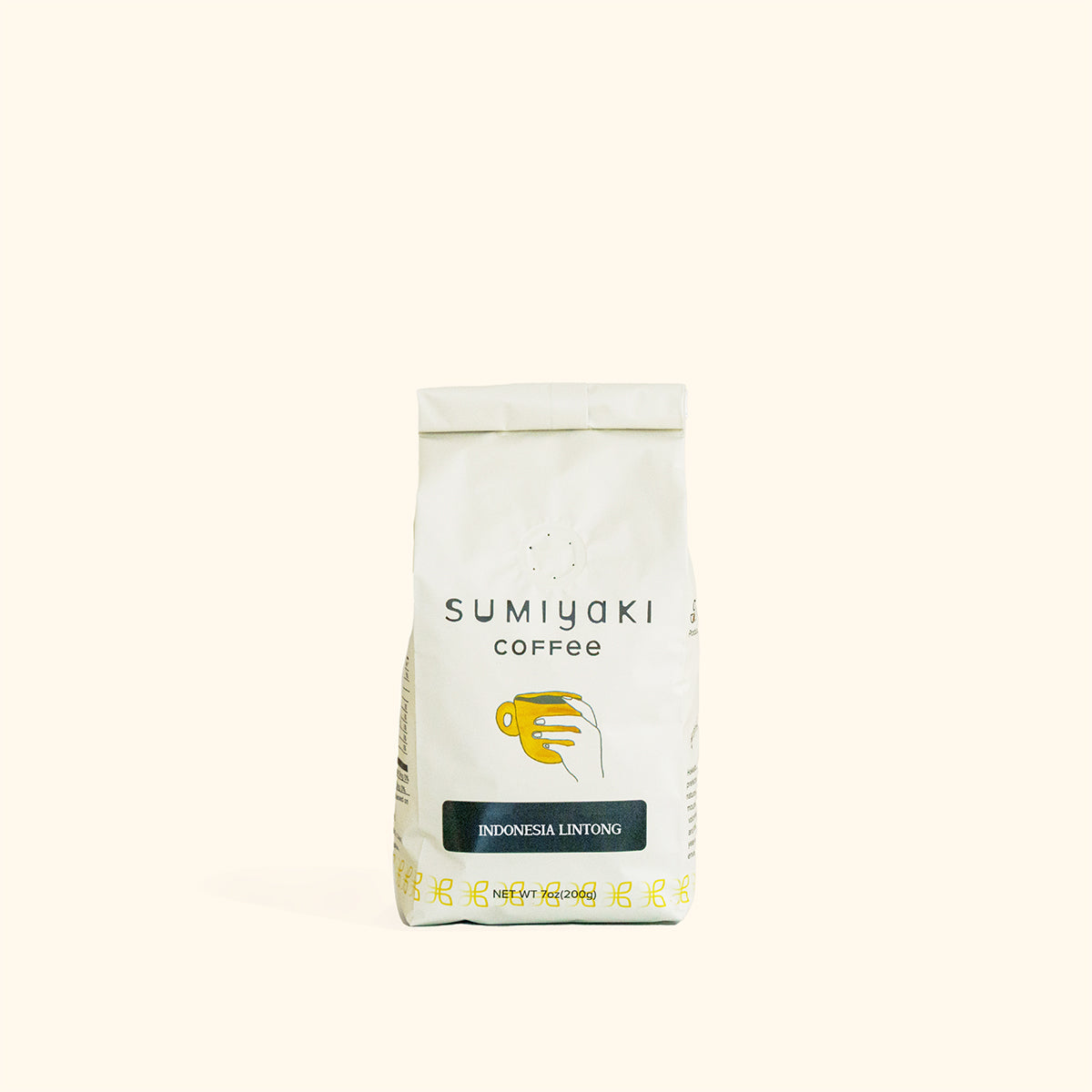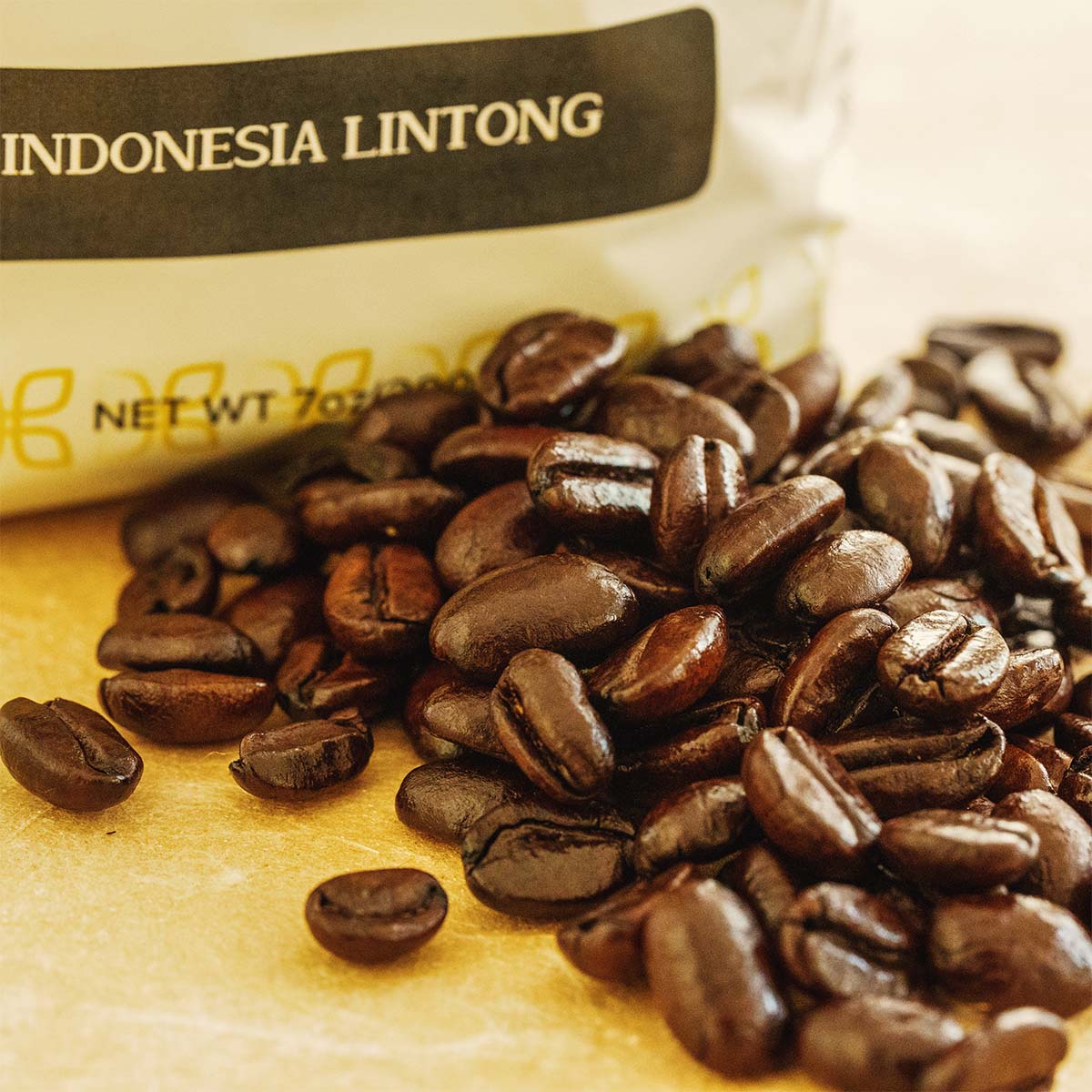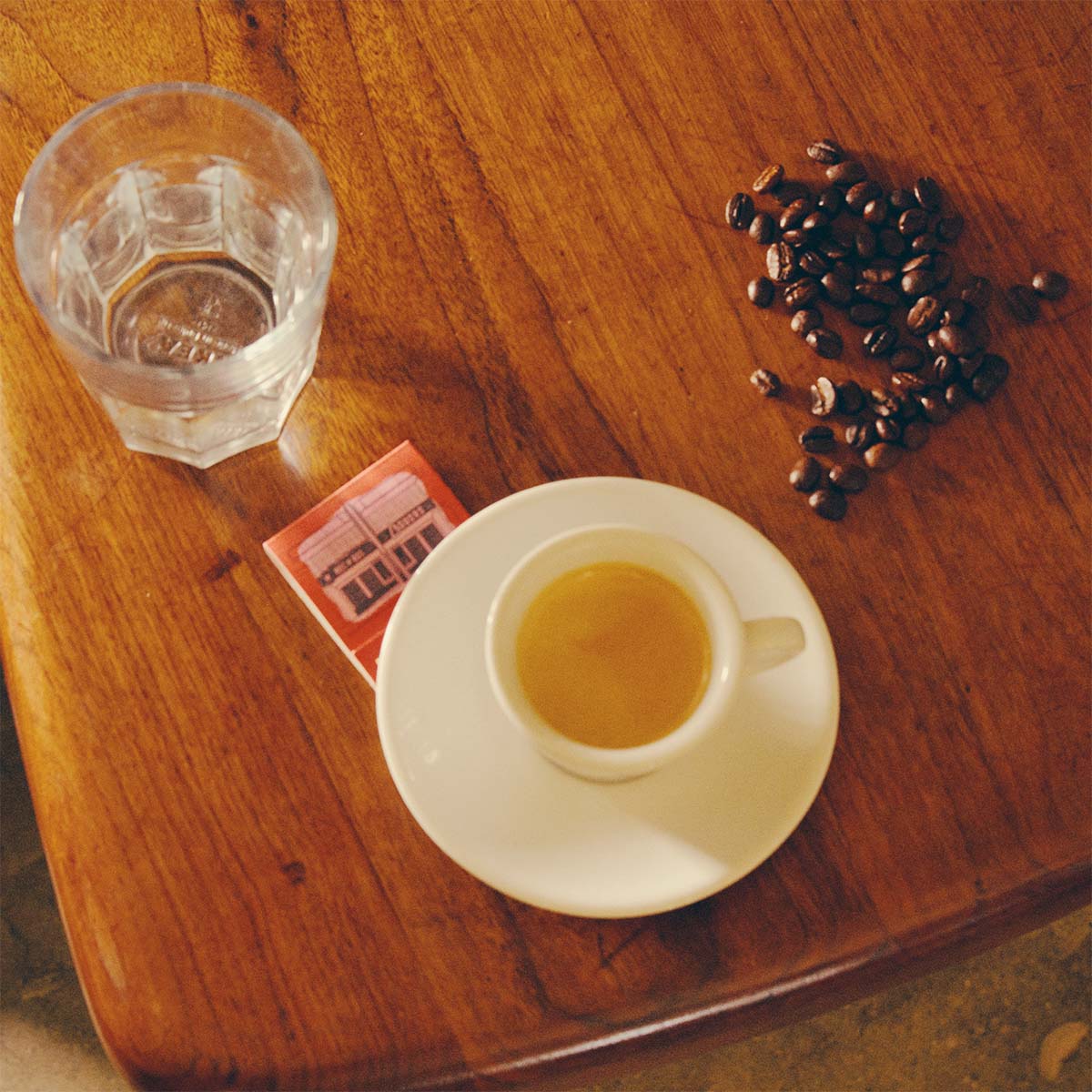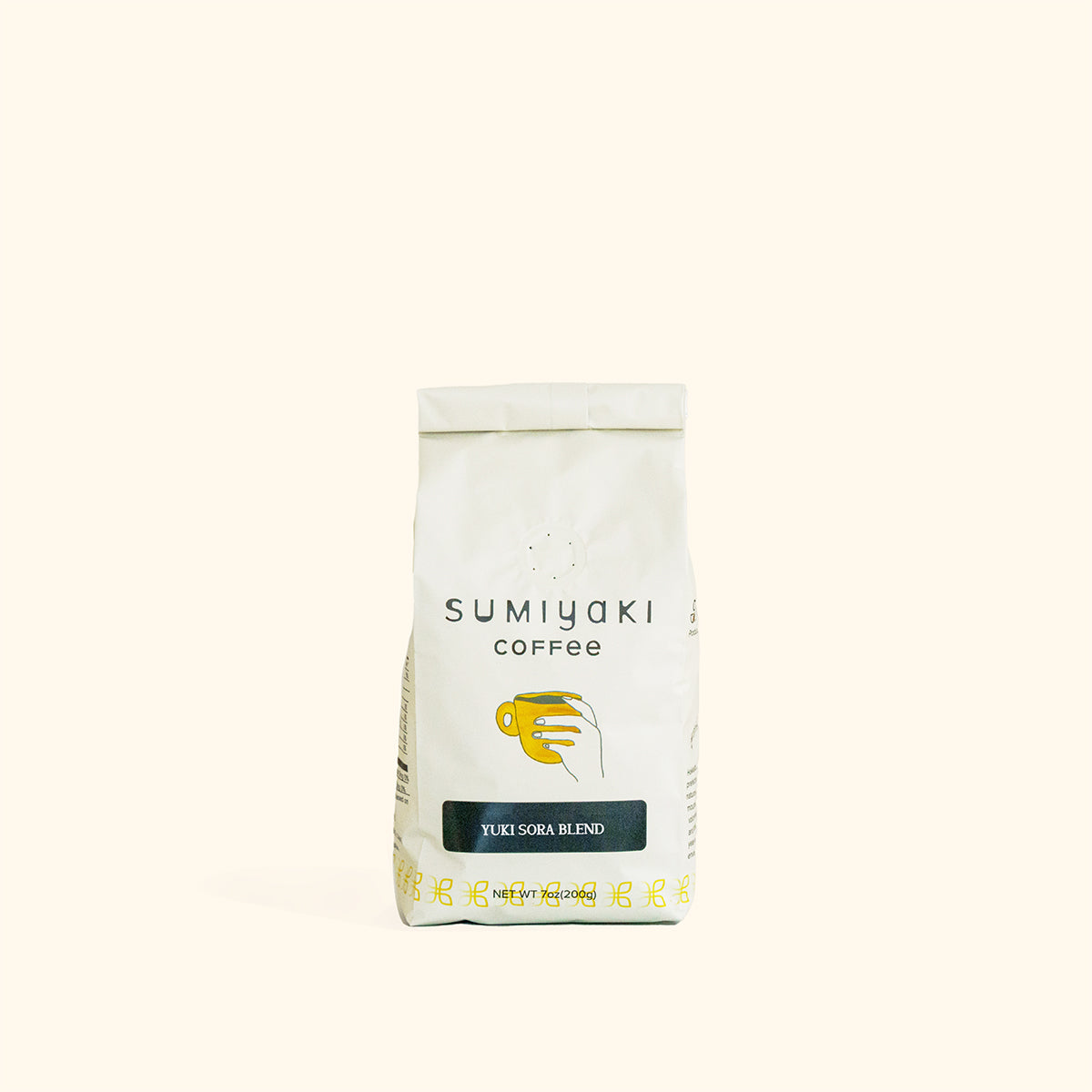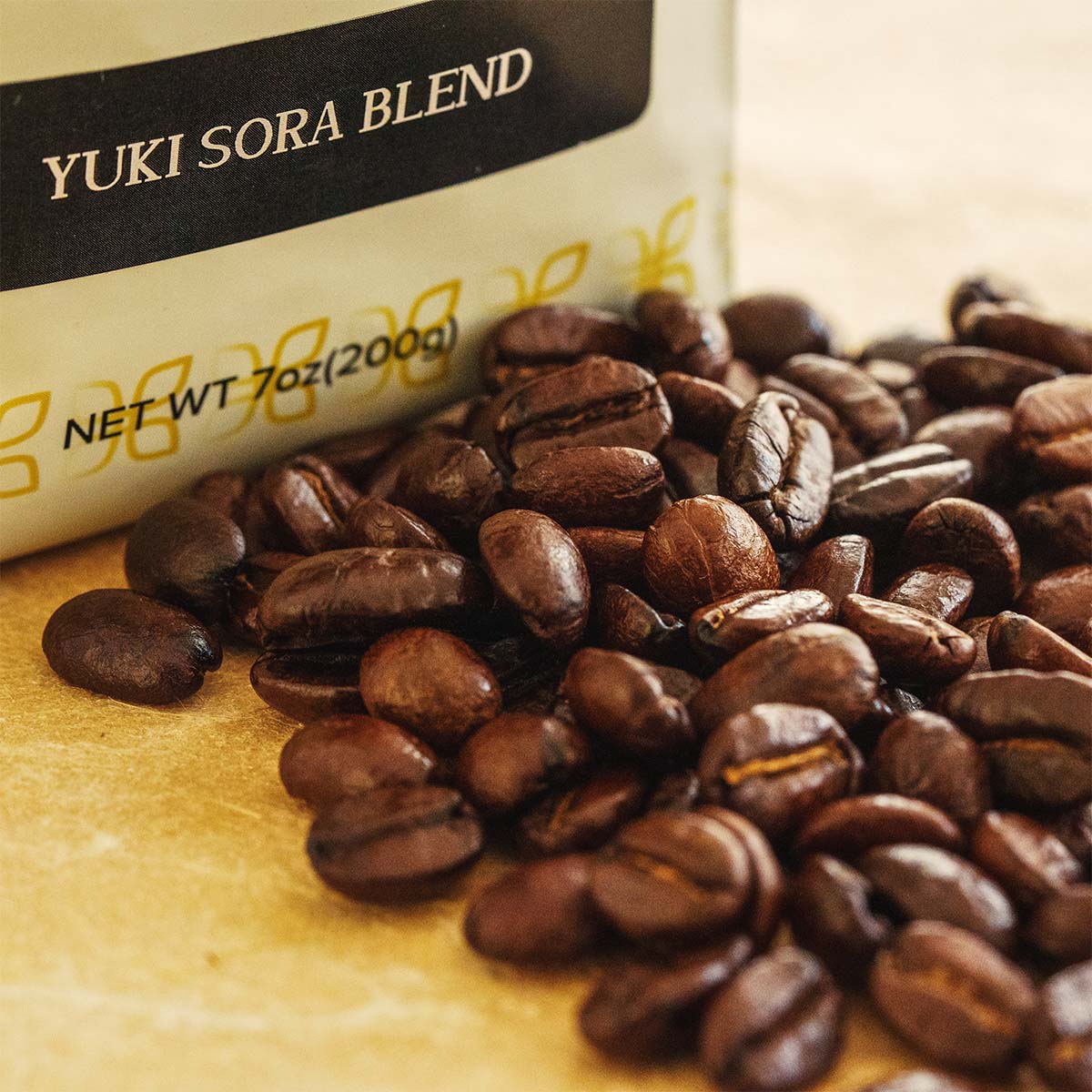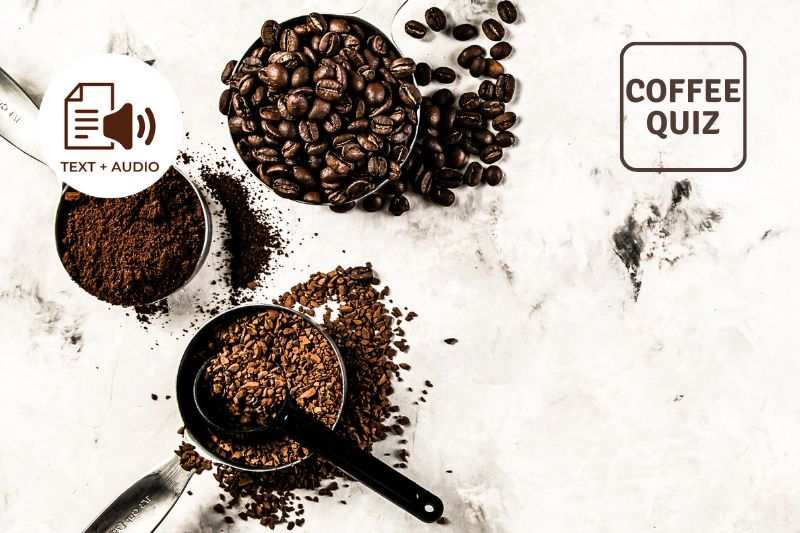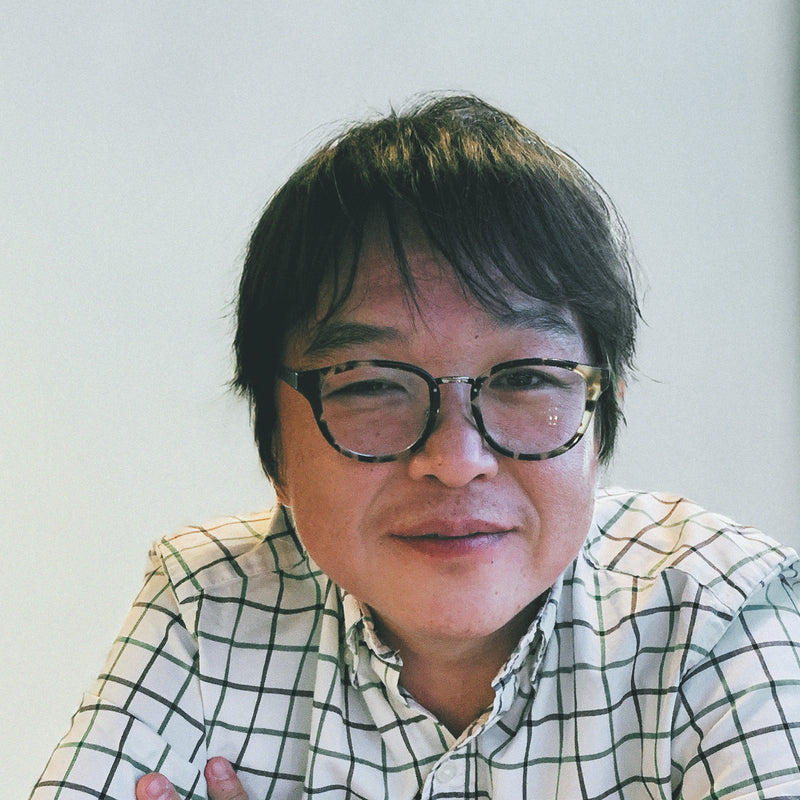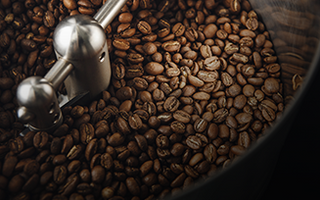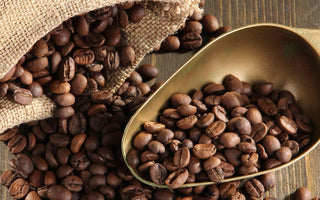
- Can you tell me the differences between the coffee you offer?
- Which coffee drink type should I choose?
- What type of roast should I choose?
- Which country should my coffee be from?
- I want the best quality coffee, what are my options?
- Should I go for whole beans or pre-ground coffee?
- What type of decaffeinated coffee is best?
- Which coffee do you recommend for Espresso?
- Which coffee do you recommend for Iced coffee?
- Which coffee do you recommend for cocktails?
- Which coffee do you recommend to pair with milk?
- Which coffee goes well with cold brew?
There are many variables to consider when choosing a coffee, such as roast profile, your favorite type of coffee drink, coffee origin, and overall quality. When deciding which coffee is right for you, it's important to think about your needs and preferences.
There is no one-size-fits-all solution when it comes to choosing a coffee. This article will help you decide which coffee is right for you and how to find the best coffee for your needs.
I have tried to answer as many questions as I could regarding the process of choosing coffee, all the way from origin questions to buying pre-ground coffee or whole beans. I made sure to include some recommendations with a detailed explanation to get you started on your coffee journey.
Can you tell me the differences between the coffee you offer?
Here is the detail of each of the coffee along with the tasting profile.
|
Coffee name |
Region |
Roast type |
Taste Profile |
|
Indonesia (Lintong region) |
Medium Dark roast |
||
|
Brazil Cerrado region (Shimada Farm) |
Medium Roast |
||
|
Colombia (Pital Mountain) |
Light to Medium roast |
||
|
Colombia, Ecuador, Uganda, Indonesia |
Medium roast |
||
|
Colombia, Brazil, Honduras, Indonesia |
Dark roast |
||
|
Colombia, Brazil, Indonesia |
Medium roast |
||
|
Colombia, Brazil, Ethiopia |
Light roast |
||
|
Colombia, Brazil, Indonesia |
Dark roast |
||
|
Colombia, Ethiopia, Brazil |
Dark roast |
Which coffee drink type should I choose?
Coffee is a beverage that has been around for centuries and we are still learning new things about it every day. There are different types of coffee drinks out there, each with its own unique flavor and taste.
Some people like to drink filter coffee while others prefer espresso-based coffee. Cold-brew might be your thing if you like fruity flavors in your drink. The information will help you make an informed decision on which type of coffee drink you should choose.
Filter Coffee
Filter coffee is brewed by placing ground beans in a filter, which is placed over a cup or carafe, and pouring hot water over it. Such carafes are the Hario V60 and the Kalita Wave. The water comes out through holes in the filter, which are small enough to let only the finest particles of ground beans pass through them.
It can be served as a hot or cold drink. Filter coffee has a smooth and clean taste. It is mild and has a light mouthfeel in comparison to other coffee drinks. It also has an aromatic smell and a full, round body.
Espresso and espresso-based coffees
Espresso is a type of coffee that is made by forcing hot water through finely-ground coffee beans. It has been around for centuries and was originally invented in Italy. Espresso has many variations, including:
- Black coffee drinks: espresso, long black, americano, iced americano
- Milk-based coffee drinks: cappuccino, latte, cortado, flat white, macchiato, mocha, iced latte, latte macchiato, etc.
All you need to make the above drinks is a single or a double shot of espresso and then add hot water or hot milk to create the drink of your preference. The taste of espresso coffee can be described by three main characteristics: bitterness, acidity, and body.

The bitterness of espresso is due to the presence of caffeine and tannins. Tannins are polyphenols that give a bitter taste to the beverage. Caffeine also gives a bitter taste, but less than tannins. The acidity in espresso is due to the amount of dissolved carbon dioxide gas in the beverage.
The more dissolved carbon dioxide gas, the higher the acidity level will be. The final characteristic of the espresso is its body which can be described as a combination of astringency and creaminess.
Cold Brew
Cold brew coffee is a popular alternative to iced coffee. Cold brew coffee is a method of brewing coffee using water that has been cooled to no more than 70 degrees Fahrenheit. It is typically made by pouring cold water over coffee grounds and allowing the mixture to steep for several hours. With this process, the flavor of the beans can be extracted without extracting too much bitterness from the beans.
Cold brew coffee has a clean, crisp, and mild taste. It has a light body and low acidity. The flavor profile of the drink can be described as juicy and fresh while still being smooth. It has a lighter body than hot-brewed coffee due to the lower acidity and higher levels of dissolved solids.
Coffee Cocktails
A coffee cocktail is a drink that combines coffee and other ingredients, like spirits and liqueurs. Some examples include Irish coffee, bailey’s coffee, espresso martini, and the coffee negroni.
The Irish coffee is a classic example of this. It consists of hot coffee, Irish whiskey, sugar, and whipped cream. Bailey's Coffee is another popular option for coffee cocktails. It's composed of equal parts Bailey's Irish Cream and espresso shots.
The espresso martini is made with vodka, Kahlua, an espresso shot, and half-and-half or milk (or cream). The Coffee Negroni can be made with Campari or Aperol as well as gin or rum. As you can tell there are many variations and if you are into mixology you can come up with your own recipes as well.
Here you can find a comprehensive guide on all the ways you can brew our famous Japanese Sumiyaki Coffee in all possible ways.
What type of roast should I choose?
The roast of coffee beans determines the taste, aroma, and caffeine levels of the coffee. Coffee roasts can be divided into three categories: light roast, medium roast, and dark roast.
Light Roasts
The lightest coffee roasts are called “pale” or “light” roasts. These types of coffee are roasted at a lower temperature than medium and dark roasts. This makes them less bitter and more mellow in flavor. The light roast is a relatively mild coffee that has a slightly sweet taste. Our premium light roast is made with beans that have been roasted at lower temperatures for a shorter amount of time. The beans are not as dark as those used for medium and dark roasts.
Medium Roasts
Medium-roasted coffees are also known as “medium-dark” or “city” roasts. They have a balanced flavor that is not too light or too dark. The medium roast has a more robust flavor than the light roast, but it still has a distinct taste of its own.
It usually has a stronger aroma, which can be overpowering for some people who prefer lighter roasts. Our very own European Premium Blend is a medium roast, perfect for all those who enjoy rich and complex flavors without acidity.
Dark Roasts
Dark coffee roasts, also called French roasts, are a type of roast that is typically used in the production of espresso drinks but it’s not limited to it. They are generally characterized by the presence of dark-colored beans, which create a rich and earthy flavor with notes of chocolate, caramel, and nuttiness.
Our French Roast Blend offers a heavy mouthfeel, dark chocolate notes, and a smoky aftertaste for the true lovers of dark coffee.
Which country should my coffee be from?
This is a question that many people ask themselves every day. How can you enjoy your morning cup of coffee without worrying about where it comes from? Coffee is a worldwide commodity, so it is no wonder that international coffee markets have been booming in recent years.
The top 5 countries that produce coffee are Colombia, Brazil, Honduras, Guatemala, and Indonesia. These countries offer a wide range of flavors and quality levels. Some other popular countries that produce high-quality coffees are Ethiopia, Kenya, and Vietnam.

These countries are known for their unique flavor profiles and often have a higher caffeine content than other coffee-producing regions. If you want to find out more about the characteristics of coffee beans based on their origin you can read this article.
But what if your coffee comes from two or more countries at once? This is called a coffee blend. Coffee blends are made by blending different coffees from different origins. The blend is made to be consistent in flavor and taste across the board. This allows for a coffee with a unique flavor profile that can be enjoyed by many people.
Single Origin Coffee, on the other hand, is coffee that has been grown on a single farm or region, and it has its own unique flavor profile. Single Origin coffees are often more expensive than blends because they are limited in supply.
You can read all about the differences between single-origin coffees and blends here!
I want the best quality coffee, what are my options?
There is a major difference in quality between commodity coffee and premium coffee. Some people prefer drinking commodity coffee because they think that it is more affordable than premium coffee. However, there are also people who think that premium coffees taste better and are worth paying for.
There are many factors to consider when looking for the best quality coffee, including how long it takes for the beans to roast, the varietal type of bean used, and how long it takes for the beans to brew into a cup of coffee.

Recognizing premium coffee is easy, you just need to do a bit more research such as checking out the website of the roaster or the retailer. Are they transparent? Are they telling you where the coffee comes from and all the processes it has been through? Do they say when it has been roasted? These are all signs that you are buying premium coffee.
If you would like to read more about what premium coffee is, you can read our series of articles about it.
Should I go for whole beans or pre-ground coffee?
Pre-ground coffee is a convenient option for busy people who don't have time to brew their own coffee. However, whole beans are more flavorful and aromatic. The answer is not as easy as one would think. There are many factors to consider when choosing between whole beans or pre-ground coffee.
Some of these factors include: how much time you want to spend on preparing your coffee, how much money you want to spend, how important flavor is to you, and whether or not you're willing to invest in a grinder.
- Whole beans: Whole beans have more flavor and provide a richer taste. They are also more versatile because you can choose your grind size depending on the brewer you are using. In addition, they stay fresh for a longer period of time.
- Pre-ground: Pre-ground coffee is more convenient than using whole beans because it saves you the time to grind the beans and it also saves you the money you need to buy a grinder. The downside is that they go stale faster and they are uniformly ground so depending on the grind size they might not be suitable for all your brewing methods.
What type of decaffeinated coffee is best?
Decaffeinated coffee is a popular beverage that can be found in most cafes and coffee shops. It is a great alternative to coffee that has caffeine in it. However, there are many types of decaffeinated coffees and they all have different effects on your drink. You can read all about them here.
At Japanese Coffee Co. we work together with Sapporo Coffee Kan. Sapporo has been using one of the rarest methods of decaffeination: Liquid Dicarboxylic Acid Caffeine Extraction. During this process, Liquid Dicarboxylic Acid is used at a certain relatively low atmospheric pressure and temperature to remove caffeine from the raw coffee beans.

The milder conditions of the process in terms of pressure and temperature helps the coffee beans to retain their original taste, richness, flavor, and aroma. In other words, it doesn't affect the taste of the released coffee beans. We have found that this decaffeination method ensures that our decaf coffee beans still maintain their original characteristics. Yyou can read more about this process here.
Which coffee do you recommend for Espresso?
If you want to make a perfect cup of espresso, you should use our blend from Colombia, Indonesia, Uganda, and Ecuador. It has more oils, which gives it a richer taste and aroma. Brazil is known for its premium coffee beans, and the country produces a lot of high-quality coffee.
Our Brazilian coffee beans are also known to have a lovely thick and fluffy crema, which is what makes them perfect for espresso. They are also very smooth and creamy with a dark chocolate aftertaste. That’s why for the perfect espresso I could recommend our Quattro Mountain Blend or our Brazil Cerrado Shimada.
Which coffee do you recommend for Iced coffee?
For your iced coffee, I would recommend the French Roast Blend. Our French Roast blend has low acidity and a heavy body, which makes it perfect for iced coffee. It also reveals deeper, darker flavors that are smoky.
In general, French Roasts are best for iced coffee because they don’t have too much acidity and will not overpower the flavors of what you're drinking.

Which coffee do you recommend for cocktails?
Our French Roast is also an amazing match for your alcohol. French Roast Coffee beans have a rich, deep flavor that makes them perfect for coffee cocktails. These beans have a deep, dark roast with notes of chocolate and spice that make them the best choice for combining with spirits such as whiskey but also liqueurs. The French Roast Coffee beans are also typically roasted longer than other coffees to give them their unique flavor profile.
Which coffee do you recommend to pair with milk?
Matching coffee and milk is a personal preference. Some people like the bitterness of their coffee to be complemented by the sweetness of milk, while others like their coffee with a subtle bitterness.
Full-bodied coffees such as our French Roast coffees make for great pairings with milk because they have a natural sweetness that can balance out the bitterness of the coffee beans.
Our coffee from Bali on the other hand has more fruity notes in its flavor profile that can also complement the sweet notes in milk.
Which coffee goes well with cold brew?
Cold brew is made by steeping coffee grounds in cold water for several hours. The steeping process makes the beans more acidic and results in a lighter, more refreshing taste than your typical hot brewed coffee.

Cold-brew goes well with most coffees but it has a particular affinity with crisp and bittersweet flavors, which is why I would recommend trying it with our Indonesian coffee. The delicate flavor of these beans gives off a rich aroma and a sweet, mellow taste.
However, if you are looking for something more complex for your cold brew then I also recommend our Hokkaido Blend. It has a mellow body and sweet finish while you will recognize fruity and spicy notes with a rich chocolate aftertaste.
Final Thoughts
As you can tell, there is no one best coffee for everyone. Coffee is a very personal preference and what might work for one person, might not work for another. There are some general guidelines that you should follow while making your decision, but ultimately it's up to you to find the best coffee for you.
With that in mind, I recommend that you try different types of coffee and find out which one works well with your taste buds. You can sample different coffees on offer from our website and figure out which one works best with your palette. Happy Brewing!
Get Free Bonus Books

Sign up for free to the Coffee Club to get advice and exclusive articles about how to choose Japanese Coffee, and tips, tricks, and recipes for enjoying Japanese coffee.
About the author
Kei Nishida
Author, CEO Dream of Japan
Certification: PMP, BS in Computer Science
Education: Western Washington University
Kei Nishida is a passionate Japanese tea and coffee connoisseur, writer, and the founder and CEO of Japanese Coffee Co. and Japanese Green Tea Co., both part of Dream of Japan.
His journey began with a mission to introduce the world to the unparalleled quality of Japanese green tea. Through Japanese Green Tea Co., he established the only company that sources premium tea grown in nutrient-rich sugarcane soil—an innovation that led to multiple Global Tea Champion awards.
Building on this success and his passion for Japanese craftsmanship, Kei expanded into the world of coffee, pioneering the launch of Japanese Coffee Co., the first company to bring Sumiyaki charcoal-roasted coffee to a global audience. His dedication to authenticity and quality ensures that this traditional Japanese roasting method, once a well-kept secret, is now enjoyed worldwide.
Beyond tea and coffee, Kei has also introduced Japan’s legendary craftsmanship to the world through Japanese Knife Co., making handmade katana-style knives—crafted by a renowned katana maker—available outside Japan for the first time.
Kei’s journey continues as he seeks out and shares the hidden treasures of Japan, one cup and one blade at a time.
Learn more about Kei

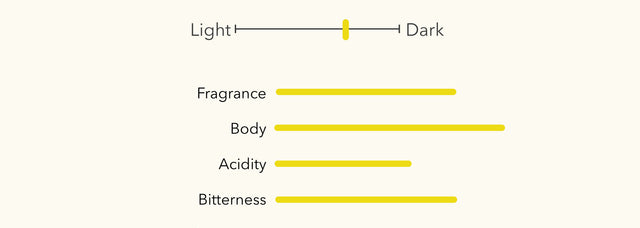
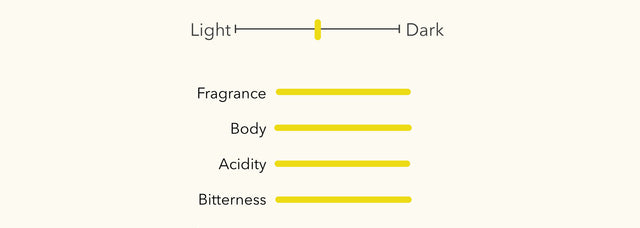
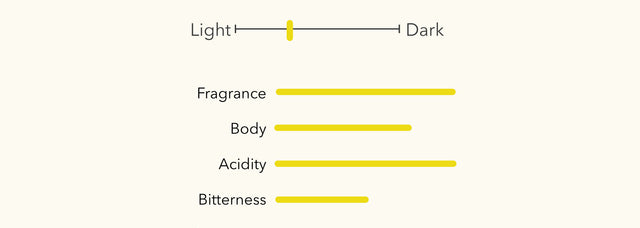
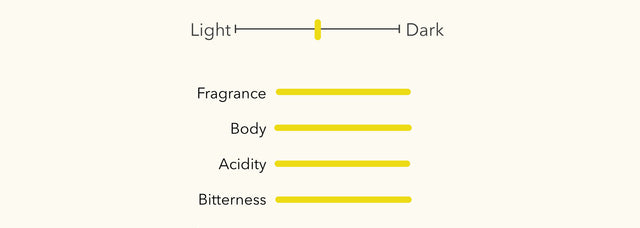
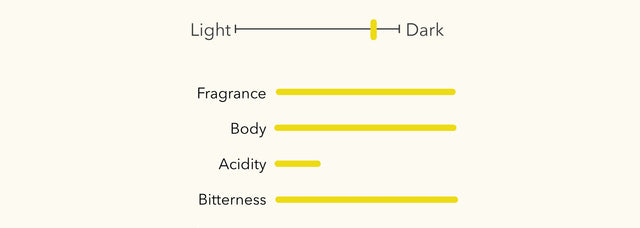
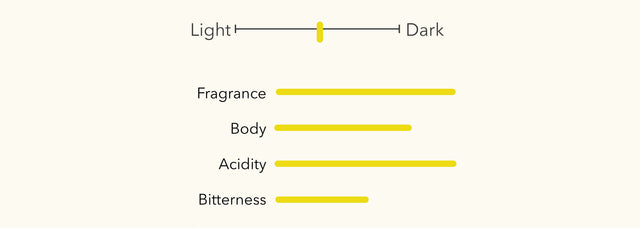
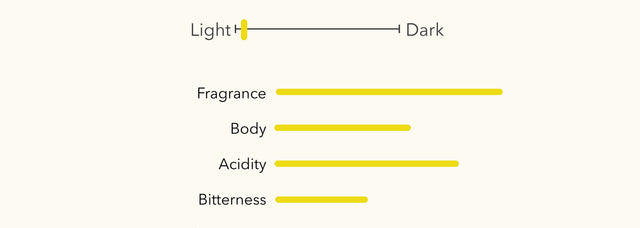
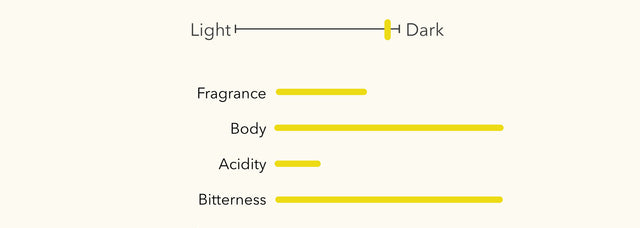

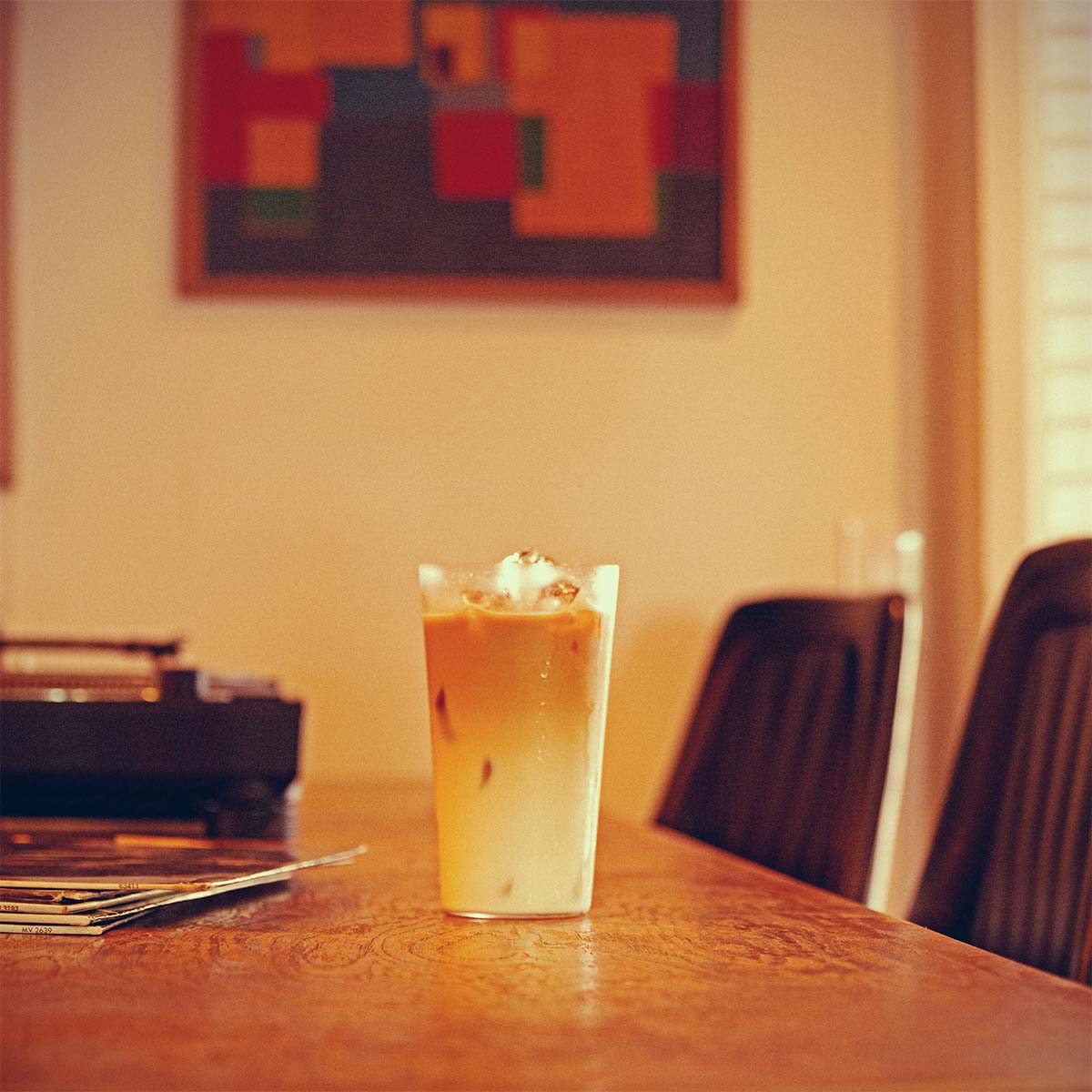
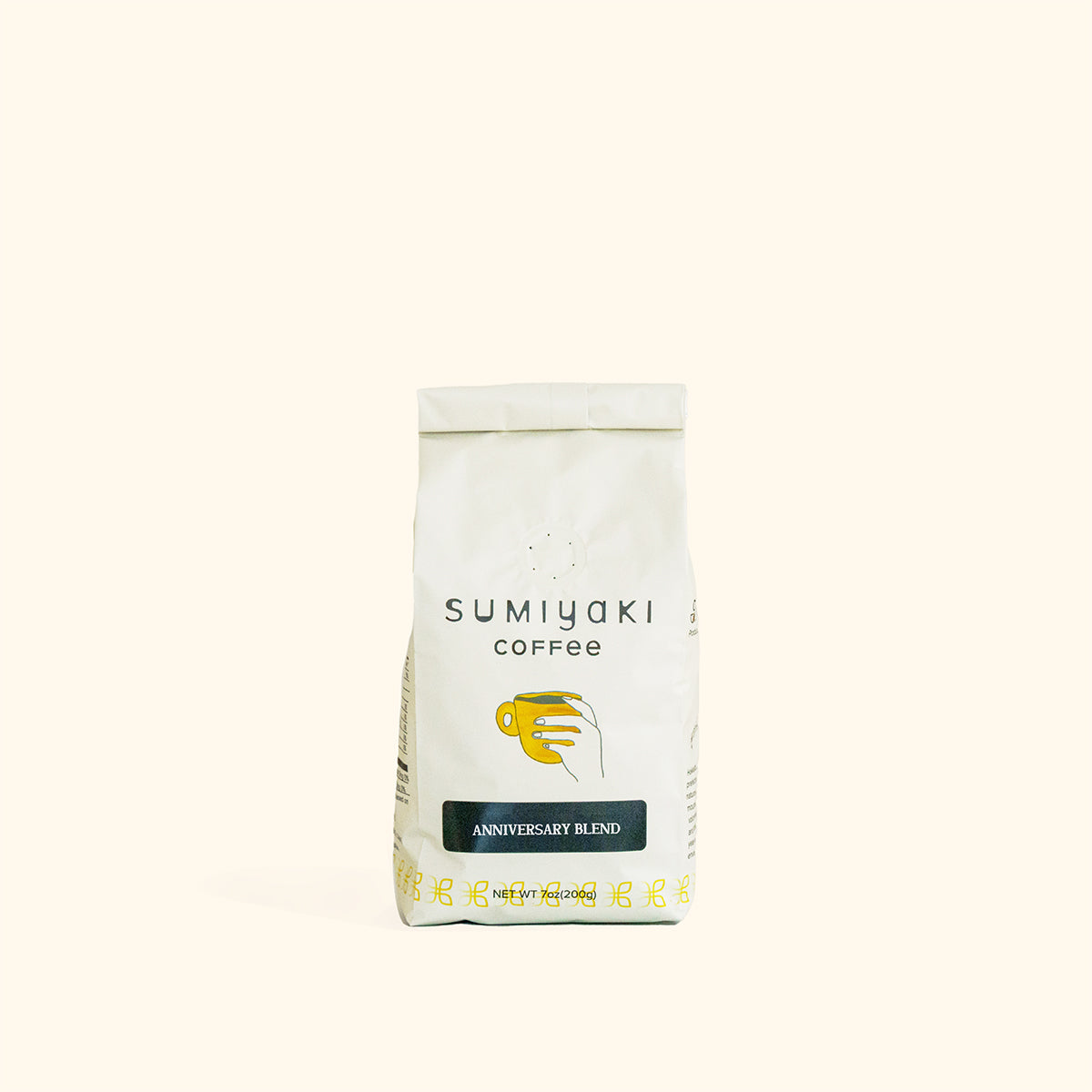
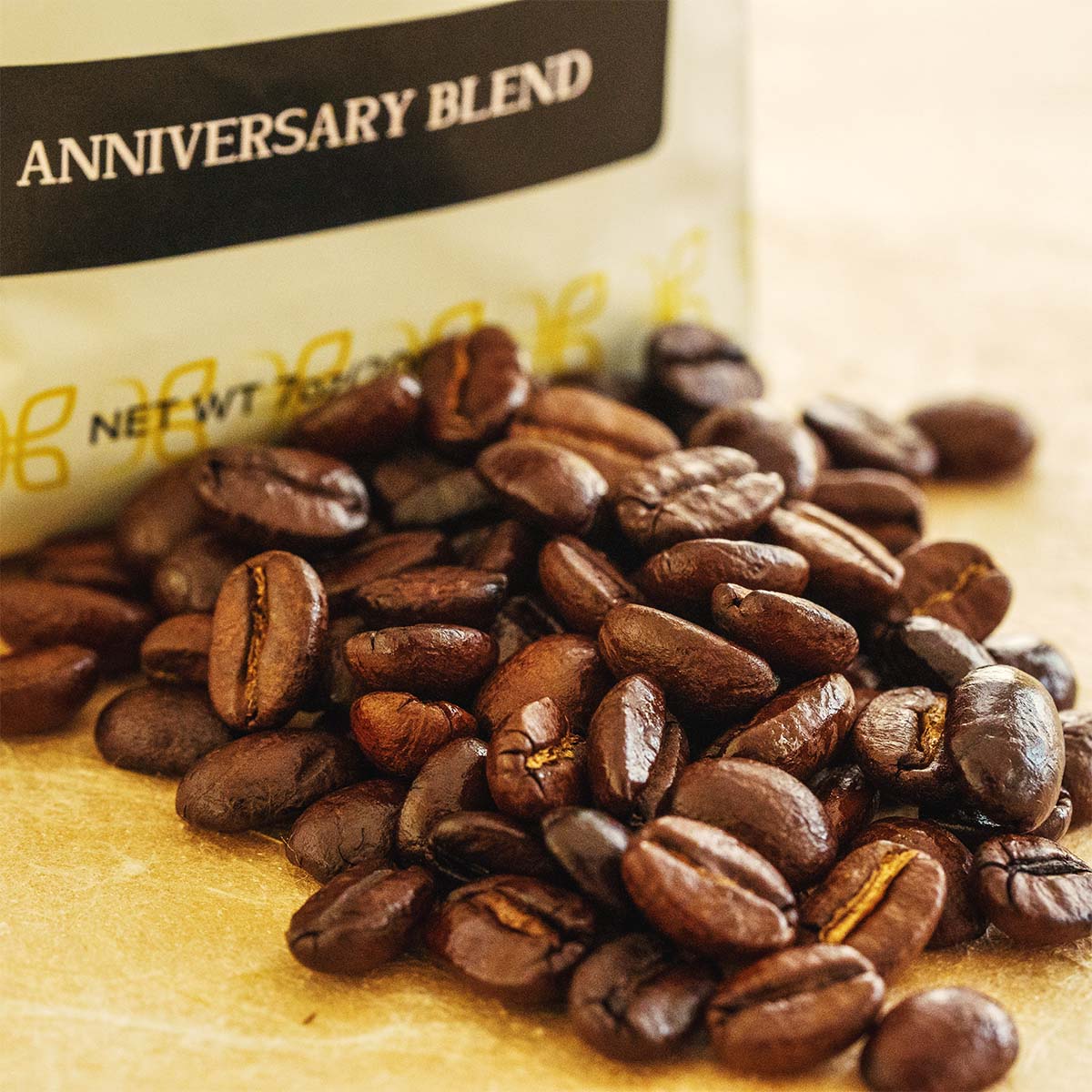
![Asa Tsuyu Blend [Light Blend] Coffee (Colombia, Brazil, Ethiopia)](http://japanesecoffeeco.com/cdn/shop/files/web-ready_Asa_Tsuyu_Blend_life-style.jpg?v=1754689231)
![Asa Tsuyu Blend Package [Light Blend] Coffee (Colombia, Brazil, Ethiopia)](http://japanesecoffeeco.com/cdn/shop/files/AsaTsuyuBlendpackage.jpg?v=1754689220)
![Asa Tsuyu Blend [Light Blend] Coffee Beans (Colombia, Brazil, Ethiopia)](http://japanesecoffeeco.com/cdn/shop/files/AsaTsuyuBlendcoffeebeans.jpg?v=1754689220)
